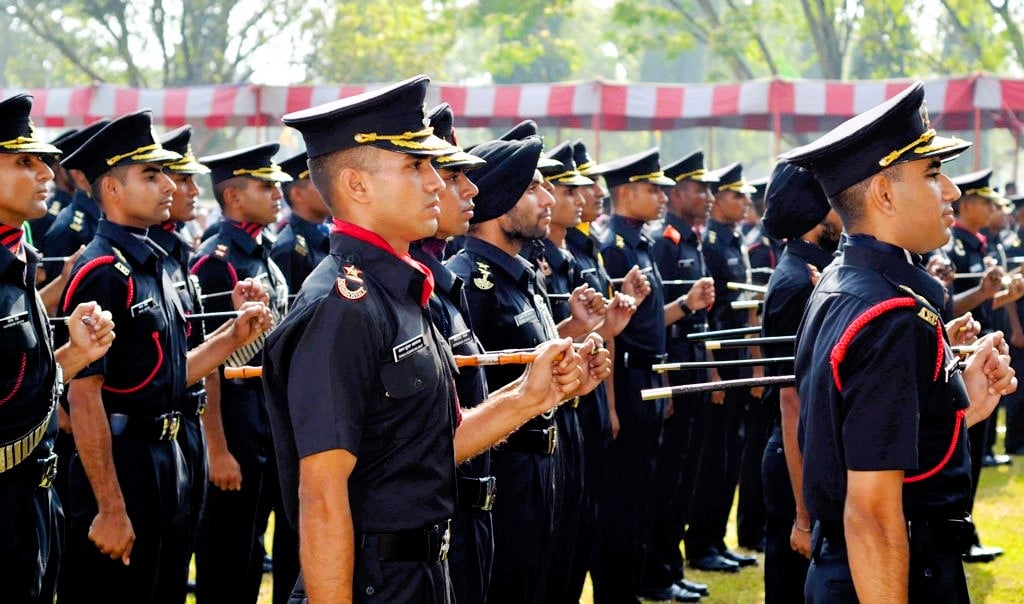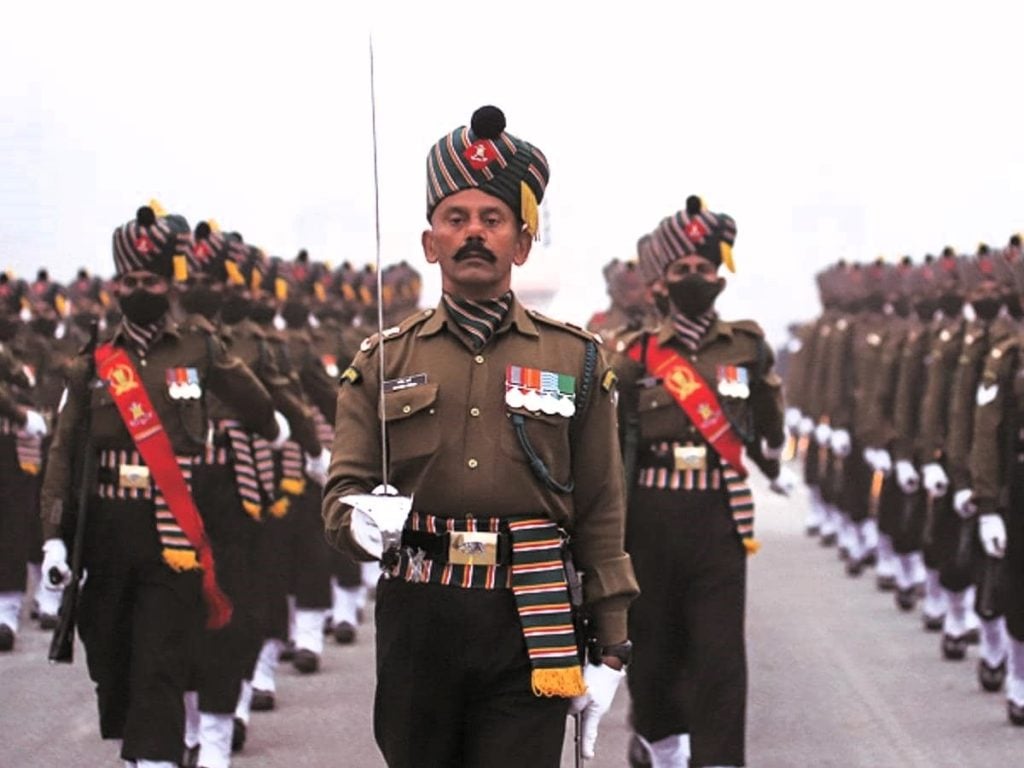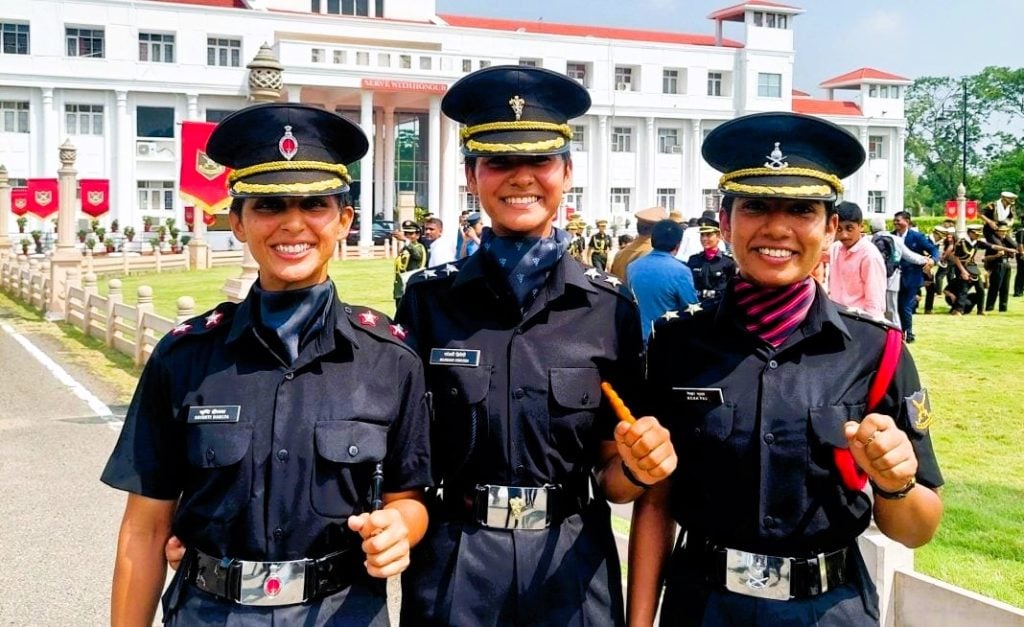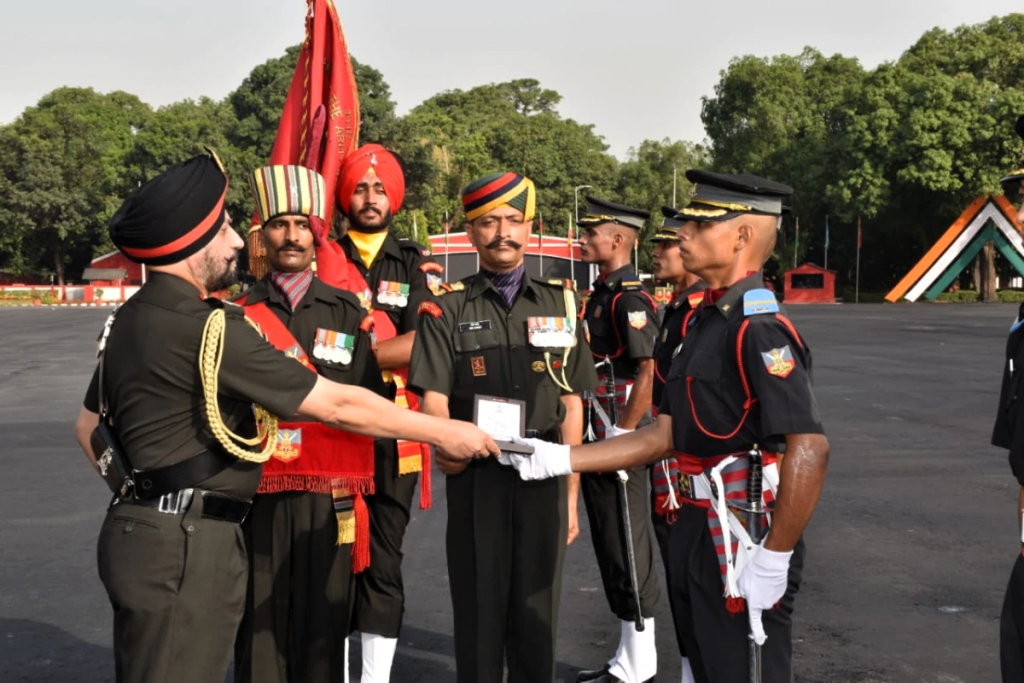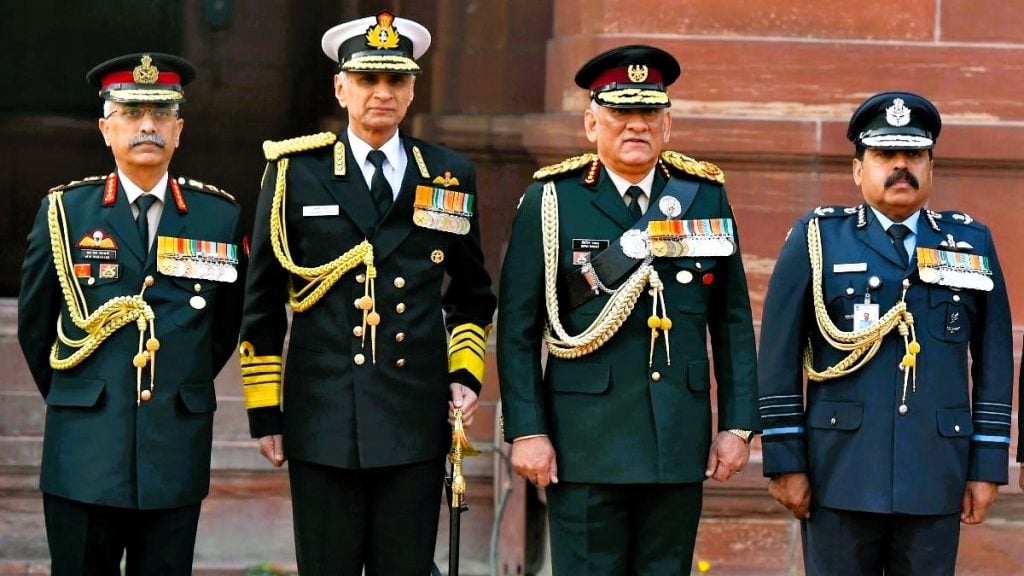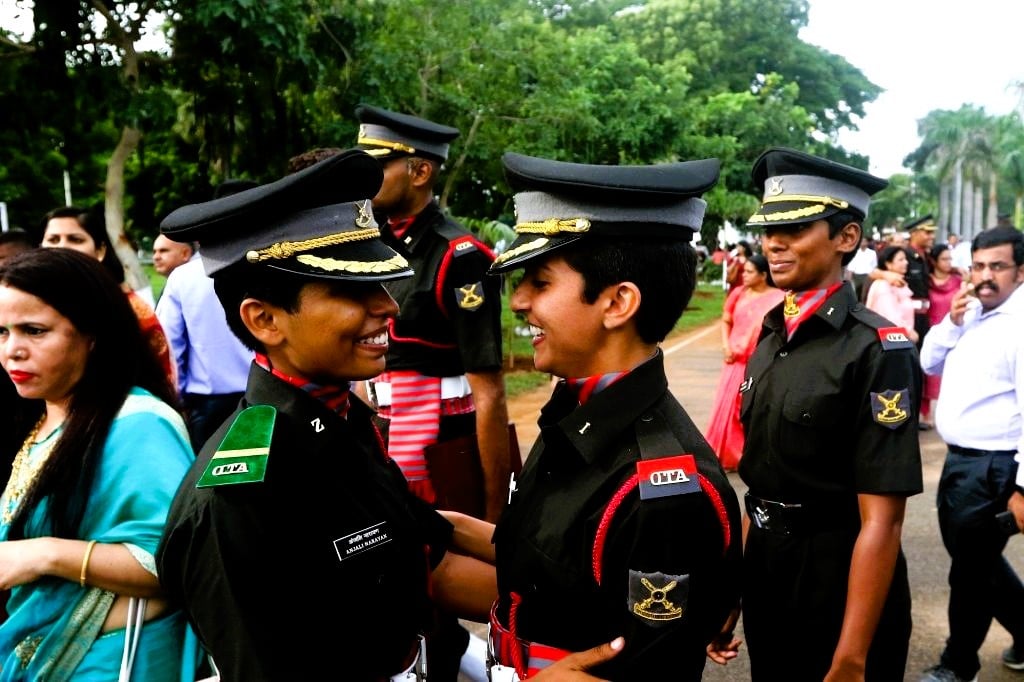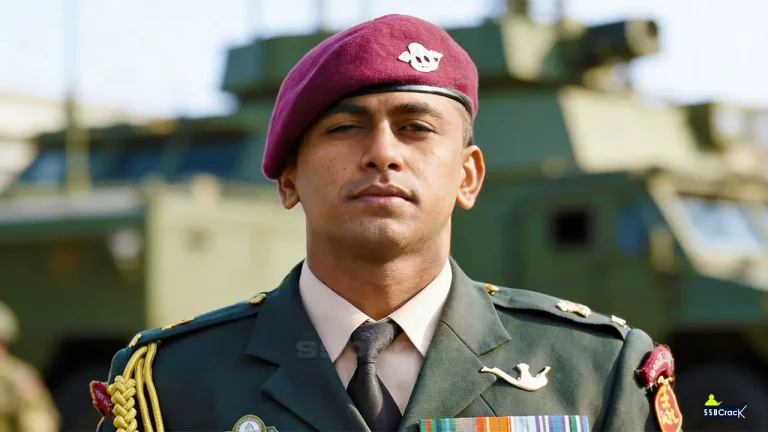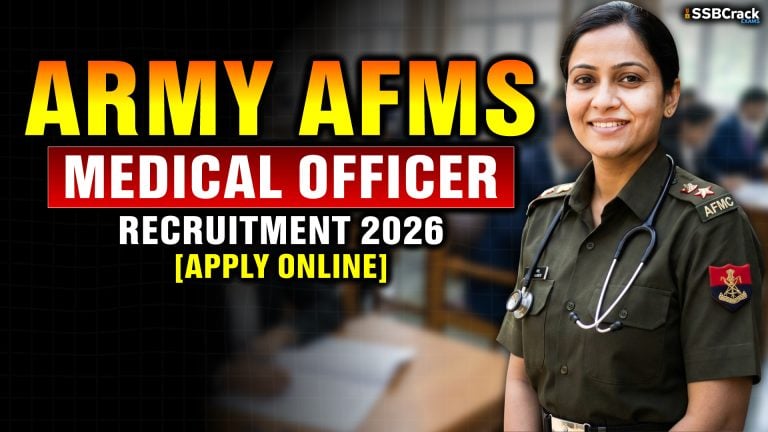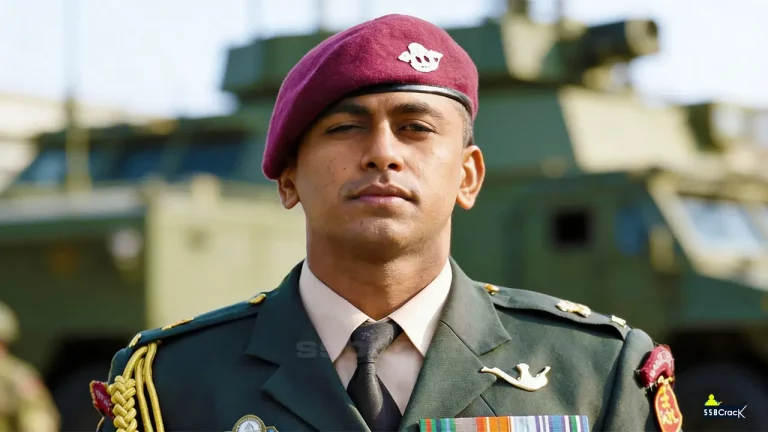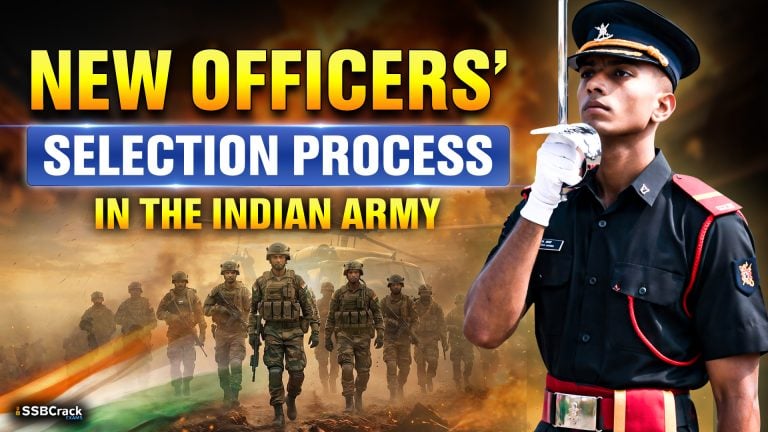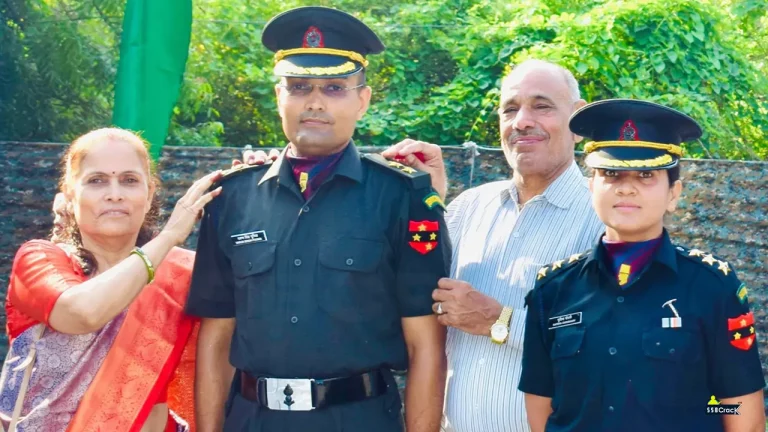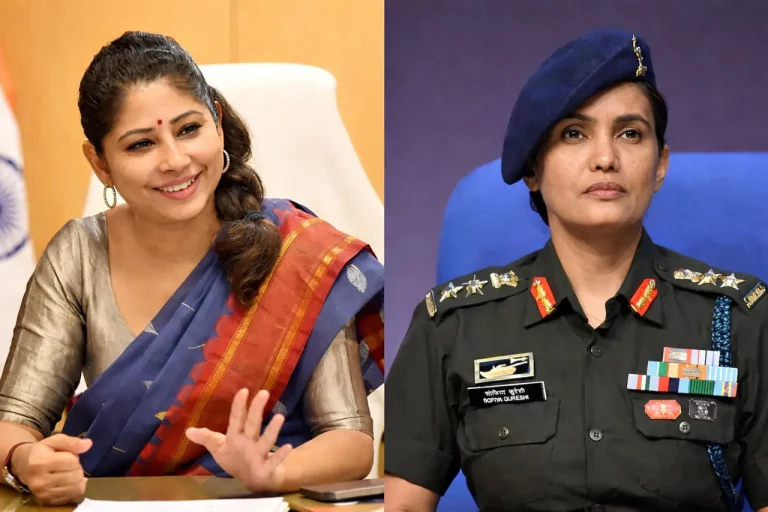In a significant move aimed at strengthening India’s military prowess, the Integrated Defence Staff (IDS) is set to launch a pioneering program – the Combined Operational Review and Evaluation (CORE) – designed to equip senior officers from the Indian Armed Forces with the strategic leadership skills needed to navigate the complexities of modern warfare.
This five-day intensive training, scheduled from September 9 to September 13, 2024, at the United Service Institution (USI) in New Delhi, promises to be a game-changer in shaping the future of India’s military leadership. This article delves into the What to Expect from the IDS Crash Course for Top Military Leaders.
Indian Army TGC 141 Selection Process
The Evolving Landscape of Warfare
The CORE program comes at a critical juncture as the Indian military undergoes a transformative process known as “theaterisation,” a major reform aimed at better utilizing resources and enhancing joint operations. This shift towards a more integrated and coordinated approach to defense operations is a direct response to the rapidly changing nature of warfare, marked by advancements in technology, the proliferation of unconventional threats, and the need for a comprehensive, multi-dimensional strategy.
Enhancing Strategic Planning and Leadership
At the heart of the CORE program lies a focus on equipping senior military officers with the tools and knowledge they need to navigate these modern warfare challenges. The program’s objectives are multifaceted, encompassing the enhancement of strategic planning skills, the ability to anticipate future threats and conflicts, and the fostering of integration and cooperation among the three military services.
Strengthening Jointmanship
Jointmanship, the concept of coordination and integration between the Indian Army, Navy, and Air Force, is a key element of the CORE program. By enhancing the understanding of this crucial concept and strengthening collaboration across the services, the program aims to ensure a more cohesive and effective military response to emerging threats.
Preparing for Leadership Roles
The CORE program also places a strong emphasis on leadership development, preparing officers for future leadership roles. This includes a focus on decision-making in complex geopolitical scenarios and the adoption of a comprehensive approach to modern warfare, equipping participants with the necessary skills to lead India’s armed forces into the future.
Mastering Strategic Skills
Another critical aspect of the CORE program is the enhancement of strategic skills. Officers will be trained to anticipate future threats, analyze regional and global conflicts, and craft solutions that maintain India’s military advantage. This forward-looking approach is essential in an ever-evolving security landscape.
Indian Navy INCET 1/2024 Recruitment, Exam Cancelled
Emerging Trends in Warfare
The CORE program’s curriculum covers a wide range of crucial topics, including the changing nature of warfare, the impact of advancements in technology and artificial intelligence on battlefield dynamics, and the rising significance of cyber and information warfare. By addressing these emerging trends, the program ensures that senior officers are well-equipped to navigate the complexities of 21st-century warfare.
Integrating Autonomous Systems
Another key focus area of the CORE program is the role of artificial intelligence and autonomous systems in future military operations. Participants will explore the adoption of these technologies and their integration into combat strategies, preparing them to harness the power of these advancements in shaping the future of India’s armed forces.
Global Conflicts and Lessons Learned
The CORE program also delves into the analysis of ongoing international conflicts, such as the Russia-Ukraine war, to derive valuable insights and lessons that can inform India’s military planning and decision-making processes. This cross-pollination of knowledge and experiences from global battlefronts is crucial in enhancing the strategic acumen of senior officers.
Diverse Expertise and Thought Leadership
The CORE program boasts an impressive lineup of over 30 expert speakers from diverse fields, including geopolitical strategists, technology innovators, and seasoned military practitioners. This cross-pollination of expertise ensures that the program delivers a comprehensive and multifaceted learning experience for the participants.
Aligning with the Theaterisation Agenda
The CORE program’s objectives are closely aligned with the Indian military’s push towards theaterisation, a significant reform aimed at restructuring the armed forces into integrated theatre commands. By preparing senior officers for leadership roles in this evolving military landscape, the program plays a pivotal role in shaping the future of India’s defense operations.
The Role of CISC and CDS
The CORE program is spearheaded by the Chief of Integrated Defence Staff to the Chairman Chiefs of Staff Committee (CISC), who plays a crucial role in integrating military policy, doctrine, and purchases. The CISC reports to the Chief of Defence Staff (CDS), who is leading the theaterisation drive across India’s armed forces, further underscoring the program’s strategic importance.
The Three Theatre Commands
As part of the theaterisation process, the Indian military is set to establish three theatre commands: the Northern Theatre Command (China-centric), the Western Theatre Command (Pakistan-centric), and the Maritime Theatre Command. These integrated commands are designed to streamline India’s defense operations and respond more effectively to both conventional and unconventional threats.
Conclusion
The IDS CORE Program is a pivotal initiative in India’s military modernization efforts. By fostering jointmanship, enhancing strategic leadership skills, and preparing senior officers for future conflicts, this program will play a crucial role in shaping the future of India’s military leadership. As the nation moves towards theaterisation, the success of such initiatives will be critical in ensuring that India’s armed forces are well-prepared to confront the complexities of 21st-century warfare.
FAQs
1. How do you become a senior officer in the Army?
A common route to becoming an officer in the Indian Army is by passing the National Defence Academy (NDA) Examination, organized by the Union Public Service Commission (UPSC). To be eligible for the NDA, candidates must be unmarried males or females aged between 16.5 and 19.5 years and have completed their 10+2 education.
2. What is the toughest course in Indian Army?
The training for MARCOS is considered one of the toughest in the world, pushing the commandos to their physical and mental limits. Additionally, terrorists refer to MARCOS as the “Dadiwala Fauj,” or “Bearded Army,” due to their bearded appearance while operating undercover in civilian areas.
3. What is the rank of NDA in army?
Candidates chosen for the National Defence Academy (NDA) and Naval Academy are appointed as Lieutenants in the Indian Army, Sub-Lieutenants in the Indian Navy, and Flying Officers in the Indian Air Force. Initially, the salary for these ranks remains consistent.
4. What are the senior officers in the military?
It encompasses the army and air force ranks of major, lieutenant colonel, and colonel, as well as the naval ranks of lieutenant commander, commander, and captain.
5. Who is an officer in the military?
Firstly, an Army officer serves as a leader. They plan the organization’s tasks, delegate responsibilities to their subordinates, and ensure that the work is completed to the highest standards. In this way, an Army officer is akin to a manager in a corporation.
